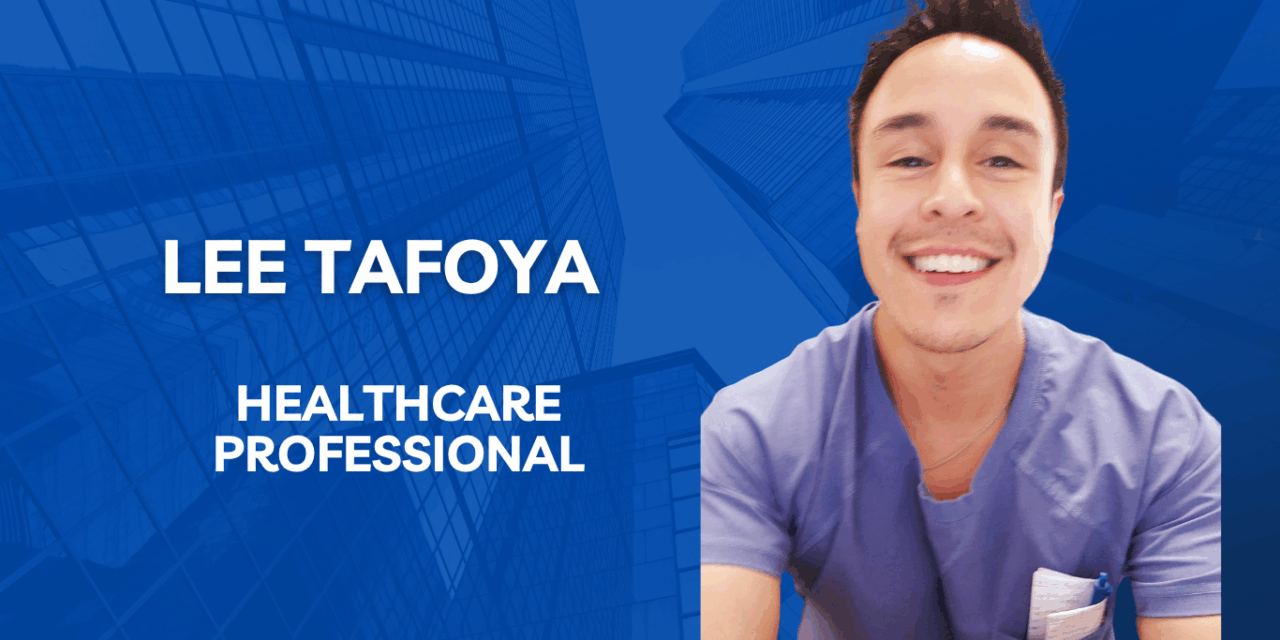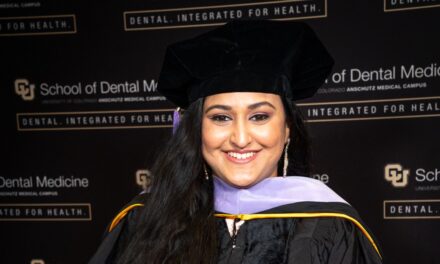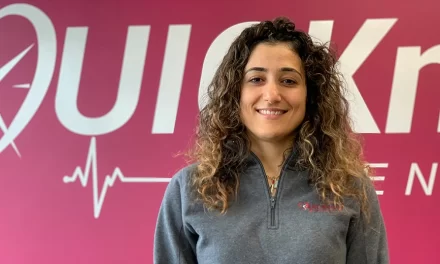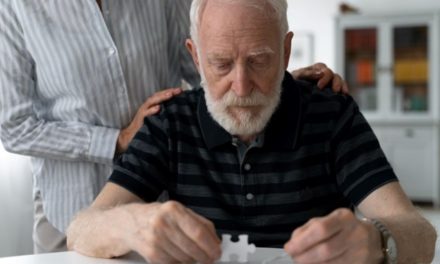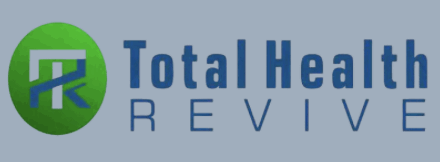Lee Tafoya is a dynamic healthcare professional whose career spans clinical nursing, research coordination, and business development. With dual degrees in Nursing and Philosophy/Psychology, Lee brings a unique blend of critical thinking, strategic insight, and compassion to every role he undertakes.
Currently serving as a Business Development Executive for a leading diagnostic laboratory, Lee specializes in expanding client networks, driving profitability, and spearheading service recovery initiatives. His strength lies in root cause analysis, market strategy, and forming high-impact partnerships with healthcare providers.
Lee’s earlier career reflects his deep expertise in clinical research and patient care. As a Research RN, he played a pivotal role in immunology and hematology studies, achieving a 100% success rate in stem cell apheresis for Dendreon protocols. His tenure as a Clinical Director and Assistant Director of Nursing in home health settings highlights his leadership in improving KPIs, growing patient census, and ensuring regulatory compliance.
A lifelong learner, Lee credits his success to embracing challenges and cultivating adaptability. His professional ethos is rooted in doing right by patients, clients, and partners, believing that integrity is always good for business.
Lee has also contributed globally, volunteering with International Medical Relief to support underserved communities and refugees. He is known for his empathy, initiative, and ability to thrive in multicultural environments.
Outside of work, Lee is a philosophy enthusiast, avid guitar player, and enjoys hiking and dog training. His interdisciplinary background and human-centered approach make him a versatile leader in modern healthcare.
What is the core mission that drives your professional journey today?
My mission is to improve access and quality in healthcare, especially in underserved or rural areas. I’m driven by the belief that diagnostic services shouldn’t be a luxury. They’re essential. My work centers on identifying gaps in laboratory logistics, streamlining services, and building partnerships that make care delivery more responsive and equitable. Every decision I make aims to elevate the standard of care for populations that are too often overlooked. It’s about transforming care systems so they serve all patients, not just the easy-to-reach ones.
What has been your most influential career shift to date?
Transitioning from direct patient care in nursing to business development in laboratory services was pivotal. Initially, it felt like I was stepping away from healthcare, but I quickly realized I could make a larger impact by reshaping how care is delivered. Understanding both the frontline and operational sides of medicine allows me to connect the dots between clinical need and business strategy. That shift gave me a broader lens, as well as the ability to influence real, systemic change.
How do you define influence in your industry?
Influence isn’t about titles. It’s about outcomes. In healthcare, true influence means improving patient lives, streamlining systems, and bringing forward-thinking ideas to the table. I strive to be someone who identifies root issues, listens deeply, and presents sustainable solutions. Whether I’m advising a rural provider network or negotiating a diagnostic contract, I want my influence to be measured by trust, effectiveness, and impact. You earn influence by showing up, delivering consistently, and leading with integrity.
What qualities do you believe are essential in healthcare leadership today?
Adaptability, empathy, and systems-level thinking. The healthcare landscape is evolving rapidly: new technologies, changing patient expectations, and shifting regulations. Leaders must be flexible but grounded in purpose. They must understand the emotional stakes involved in care while also managing operations and policy. You can’t just react; you have to anticipate. And, above all, you must be willing to listen to diverse perspectives, especially those at the margins. Innovation starts with inclusion.
What’s a challenge you’ve recently navigated, and what did you learn from it?
Recently, we lost a long-term client due to breakdowns in communication during a transition period. It was a tough moment, but it reminded me of the importance of proactive service recovery and overcommunication. I took full responsibility, rebuilt our internal systems, and improved our follow-through processes. We eventually won back the client. The lesson? Transparency and accountability go a long way. Even in failure, you can strengthen your credibility by owning it and responding with action.
Who or what has had the biggest impact on your leadership style?
My experience in nursing profoundly shaped how I lead. Being at the bedside teaches you humility, urgency, and empathy. You learn how to prioritize under pressure and communicate clearly. I carry those values with me into boardrooms and client meetings. I also draw inspiration from philosophy, especially Stoicism. It reminds me to focus on what I can control, remain centered in crisis, and act from principle rather than impulse. Those foundations anchor how I lead teams and build partnerships.
How do you stay grounded in such a high-pressure field?
I break problems down into manageable parts and focus on meaningful, achievable actions. When things feel overwhelming, I zoom out and ask myself, “What really matters in this moment?” I also keep a structured daily planner and reflect regularly. Outside of work, I spend time reading philosophy and unwinding with my fiancée lately through anime, which surprisingly offers a lot of moral clarity. Staying grounded, for me, means staying connected to values, people, and perspective.
What advice do you give to aspiring healthcare professionals who want to lead change?
Don’t wait to be invited, start now. Leadership begins with taking initiative where you are. Be willing to ask hard questions, pursue unfamiliar disciplines, and challenge outdated norms. Most importantly, remember that success in healthcare isn’t about status. It’s about service. Stay curious, stay ethical, and surround yourself with people who think differently than you do. Innovation is born at the edges, not in echo chambers. If you want to lead, learn to listen first.
In your experience, what’s the key to building trust with partners and clients?
Clarity and consistency. Clients don’t just want results. They want to know you’re dependable and transparent. I always aim to set realistic expectations and then exceed them when possible. If there’s a misstep, I address it early and take responsibility. Trust isn’t built in grand gestures. It’s earned over time through the everyday details: timely responses, follow-through, and a mindset of collaboration. I also prioritize integrity above all else, because without trust, nothing else holds.
What impact do you hope to leave on the healthcare industry?
I hope to help redefine what equitable care access looks like. Whether through logistics improvements, expanded lab outreach, or strategic partnerships, I want to be remembered as someone who challenged the status quo with compassion and clarity. Rural and underserved communities deserve the same diagnostic support and innovation as urban hubs. If my work contributes to closing that gap, even in small ways, I’ll consider it a meaningful legacy.
